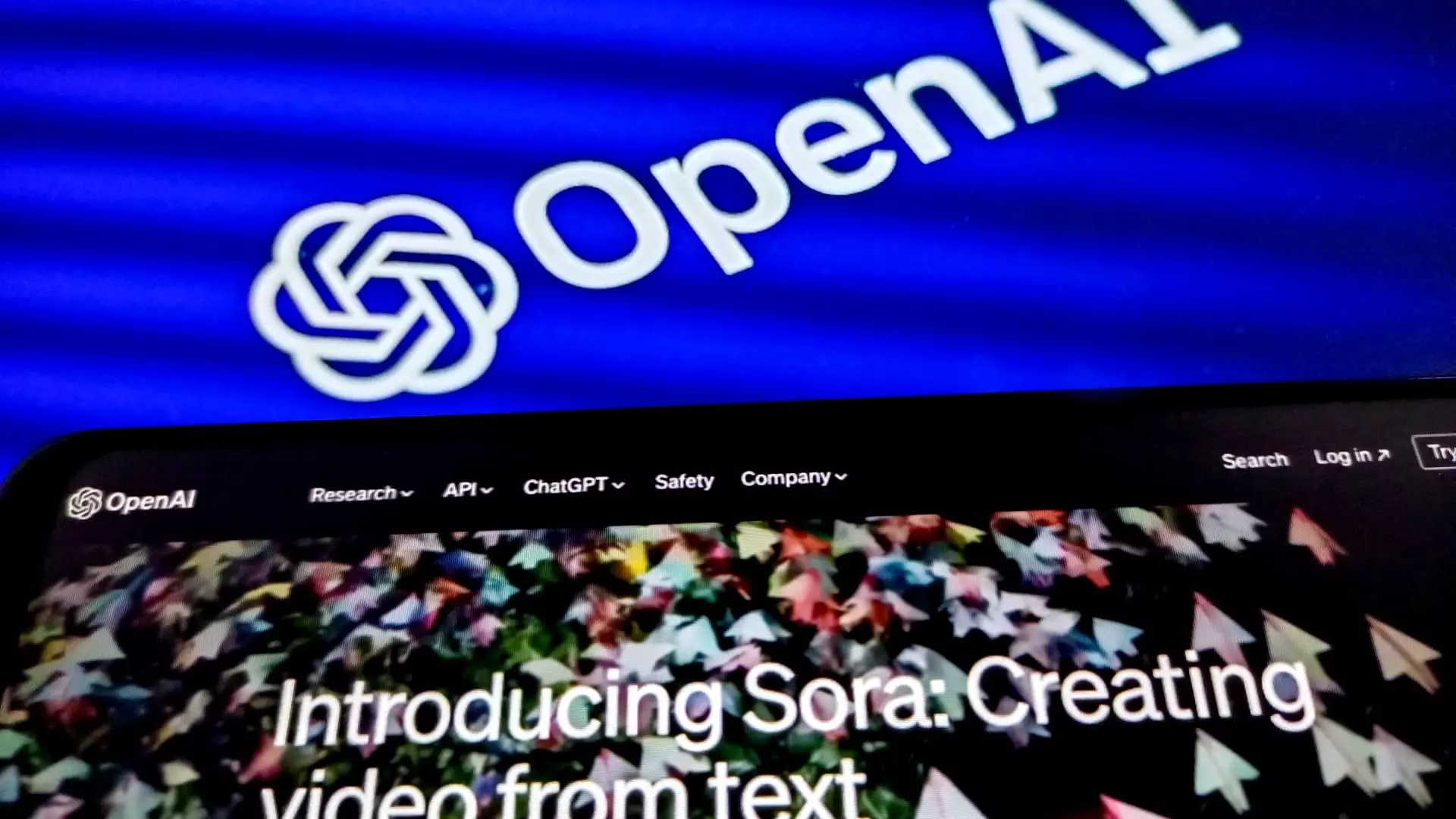The increasing involvement of Middle Eastern sovereign wealth funds in Silicon Valley’s artificial intelligence (AI) sector marks a significant shift in global investment patterns. As nations like Saudi Arabia, the United Arab Emirates (UAE), Kuwait, and Qatar seek to diversify their economies away from a heavy reliance on oil, these funds have emerged as potent players ready to channel substantial capital into technology ventures. This article explores the implications of this investment trend, the key players involved, and the potential geopolitical ramifications.
Recent statistics illustrate a dramatic increase in AI funding from Middle Eastern sovereign wealth funds. Reports indicate that in the past year alone, investments in AI firms have seen a fivefold increase, highlighting a robust appetite for technology investments among these nations. This surge can be attributed to a strategic pivot toward innovation, as oil-rich states recognize the need to create sustainable economies beyond hydrocarbon revenues. Sovereign funds, insulated by rising energy prices, are now positioned to make significant contributions to the AI ecosystem.
One of the notable entrants in this landscape is MGX, an AI fund based in the UAE. Recently, MGX joined a high-profile investment round for OpenAI, which is projected to reach a staggering valuation of $150 billion. The involvement of such a fund underscores not only the financial might of Middle Eastern investors but also their intention to have a stake in emerging AI technologies that could define future industries.
The financial clout of Gulf Cooperation Council (GCC) countries cannot be overstated. Forecasts from Goldman Sachs suggest a surge in the combined wealth of these nations from $2.7 trillion to $3.5 trillion by 2026, creating a fertile ground for substantial investments. For instance, the Saudi Public Investment Fund (PIF) has amassed assets exceeding $925 billion and operates under the ambitious framework of Crown Prince Mohammed bin Salman’s “Vision 2030” initiative.
This deliberate focus on technology extends beyond individual fund initiatives. Partnerships, such as the one involving MGX, BlackRock, Microsoft, and Global Infrastructure Partners, aim to raise up to $100 billion for AI infrastructure investments. This collaborative approach illustrates an integrated strategy, where wealth funds and established tech companies come together to push forward innovative projects in AI.
While the influx of capital from Middle Eastern sovereign funds is reshaping the investment landscape, it is not without its hurdles. Ethical considerations surrounding human rights issues pose significant challenges for these investors, particularly the Saudi Arabian PIF, which faces scrutiny for its country’s record on these matters. The kidnapping and murder of journalist Jamal Khashoggi, for example, created a backlash that implicated international business engagements with Saudi entities. This context complicates the relationships between these funds and Western firms that are frequently sensitive to public perceptions surrounding human rights.
Moreover, the recent exit of companies like Anthropic from receiving investments from Saudi sources reflects the caution exercised by some tech firms when dealing with state-backed entities. Such decisions signal an awareness that association with certain sovereign funds could carry reputational risks.
The engagement of sovereign wealth funds in American technology firms is not merely an economic development story; it also intersects with broader geopolitical considerations. In an era of heightened competition with global adversaries like China, U.S. policy has increasingly favored investments from allies. The willingness of Middle Eastern nations to invest in U.S. tech firms—as opposed to redirecting resources to rival economies—aligns with American interests, as noted by Goldman Sachs executive Jared Cohen.
Yet, this dynamic raises questions about the implications of foreign investments in domestic technology sectors. Concerns about creating dependencies or shifting the balance of technological power could provoke discussions regarding regulatory frameworks to manage foreign investments in crucial industries like AI.
The growing involvement of Middle Eastern sovereign wealth funds in Silicon Valley’s AI sector signals a transformative period in global investment. As these regions secure their financial stakes in high-potential industries, they will undoubtedly shape the technological landscape for years to come. However, stakeholders must navigate the complex interplay between capital investment, ethical considerations, and geopolitical realities to foster an environment conducive to sustainable growth and innovation. The evolution of this relationship between Middle Eastern sovereign funds and the tech ecosystem is worth monitoring, as it holds the potential for significant trends influencing both markets and international relations.


Leave a Reply